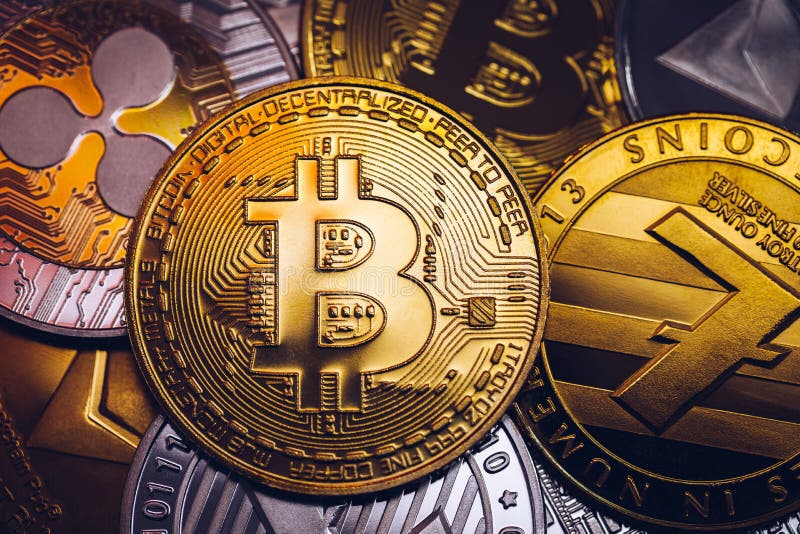

We all know the various visions that the right have of the future – and the role that money (fiat or crypto) would play in it. As such, it’s bound to be an essentially and perpetually contested concept, productive of social and political antagonism. You contend that money is the terrain where our different conceptions of the future play out. When we say that expectations drive the value of money what we are really implicitly acknowledging is that modern money is inescapably caught up in the temporal politics of the modern state. So in talking about fiat money today, it’s easy to describe it as “merely” backed by the state but that really fails to reckon with the scope of the deeper transformation as well as the way in which fiat money emerges out of this powerful and mutually reinforcing modern triangle of money, time, and politics. Fiat money – that is money backed by the credit, the word, and the tax power of the modern state – is wrapped up in that transformation and it carries within it not only the obvious link to the state but also to language and the future. Public credit temporalized the state which now found itself hanging by threads of credit but also empowered by its new ability to pull in resources across time. Pocock described it once as one of the most significant but also traumatic intellectual changes of modernity that pointed to something that societies had never possessed before: the vision of a long-term secular future. But it’s also a profound intellectual and philosophical event.

This is obviously a seminal institutional development in public finance, economics, and politics. One good example for this is the development of public credit in the late seventeenth century and then its rise in the course of the eighteenth century. Institutional changes concerning the state and money play out alongside profound shifts in how we experience living within time.

And it’s crucial to recognize that all three categories are dynamic and that they continue to develop in entangled and mutually reinforcing ways. That is indeed the magic triangle: money, time, and the state. Could you explain the nature of all these philosophical connections between money, time, and the state? Moreover, the very notion of fiat money – the favorite target of crypto-enthusiasts – has profound philosophical implications for how we think about the nature of the state, the relationship of its citizens to it, and the very conception of political time. You argue that money and time are intricately related. Keywords: money, time, Keynes, Hayek, Bitcoin, stablecoins

Since the book itself delves into many philosophical and historical debates about money, politics, and time, we start our conversation there and gradually progress to the world of crypto. He was kind enough to share an early copy with me in preparation for this interview. Stefan has a new book out next May from Princeton University Press ( The Currency of Politics: The Political Theory of Money from Aristotle to Keynes). (There's actually a funny little clip of Hayek talking about this, with some in the Bitcoin community arguing that this is Hayek's own prediction of something like Bitcoin.) The piece did what many previous accounts of Bitcoin failed to do, namely to connect it, through first-rate intellectual history, to the broader neoliberal project that pushed for denationalizing money. If you are looking for an excellent account of the many ways in which Friedrich Hayek shaped the thinking of some inside the broader crypto-money community, look no further than Stefan Eich's essay (a chapter from this edited collection) called Old Utopias, New Tax Havens: The Politics of Bitcoin in Historical Perspective.


 0 kommentar(er)
0 kommentar(er)
